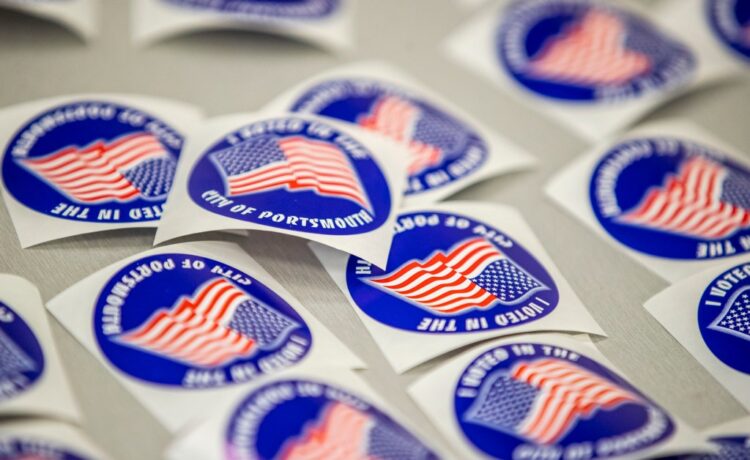RICHMOND — A campaign finance reform bill sailed through two legislative panels with unanimous support, but appears to be dying without a vote in the House Appropriations Committee.
The bill, introduced by Del. Marcus Simon, D-Fairfax, would prohibit politicians from using campaign donations on personal expenditures such as mortgage or rent payments, clothing or tuition. It passed the House Privileges and Elections subcommittee and full committee with unanimous support and was referred to the appropriations committee on Jan. 30, where there’s been no hearing or vote.
“I think we are all pretty stunned,” said Nancy Morgan, coordinator for BigMoneyOutVA. “It’s disrespectful to the voters. It’s disingenuous and it’s not transparent. If they don’t want the bill, then bring it forward and just don’t vote for it.”
Being stalled in the appropriations committee prevents the bill from reaching the House floor. Crossover day is Tuesday, meaning bills that haven’t passed in their respective chambers by that date won’t progress to the other body.
Sen. Jennifer Boysko, D-Fairfax, is carrying an identical bill. It passed the Senate for the third time on Tuesday with a 35-4 vote and will now progress to the other chamber. But the stalled momentum on the House bill indicates Boysko’s measure could face a similar fate when it crosses over.
Abortion, guns, housing and more: A breakdown of bills introduced in Virginia’s General Assembly
Del. Luke Torian, a Dumfries Democrat and chair of the appropriations committee, did not respond to a request for comment Friday.
The bill has 26 co-sponsors in the House, including Democrats Phil Hernandez of Norfolk, Shelly Simonds of Newport News, and Nadarius Clark of Suffolk. Colonial Heights Republican Mike Cherry and Virginia Beach Democrat Kelly Convirs-Fowler serve as chief co-patrons.
“I’m disappointed this policy will not make it though the legislative process,” Convirs-Fowler said Friday.
Virginia has some of the most lax campaign finance rules in the nation. Politicians can legally spend campaign donations on essentially anything, and there’s no limit on who can donate or how much they can give. Candidates report their expenses, but reporting requirements are vague and it’s often unclear what specific items were purchased or how it related to campaigning.
Legislation to tighten the rules has come before the General Assembly for more than a decade, but never reaches the governor’s desk.
Morgan said BigMoneyOutVA, a nonpartisan organization that advocates for transparency and less money in government, felt optimistic this year after the strong support shown in the committees.
“Everybody is disappointed and we want to know from legislators why this bill isn’t moving (for a vote),” she said. “Citizens want campaign finance reform.”
A 2021 poll from the Wason Center for Civic Leadership at Christopher Newport University found 73% of those polled in Virginia supported banning the personal use of campaign funds.
Janet Boyd, director of voter services for The League of Women Voters in Virginia, said their organization is also disheartened. The league is a nonpartisan organization that works to protect democracy and voting rights.
“We were supporting it and we’re very frustrated about the whole thing,” she said. “The Senate has made more progress so it’s possible that we might still be able to do something.”
In previous years, some who opposed tighter rules have argued it could confuse well-meaning lawmakers. Others said donors should trust the politicians they choose to support.
Forty-four states define how campaign funds can be used, with most only permitting the money to be spent on expenditures reasonably related to campaign activities, according to data on the National Conference of State Legislatures’ website.
Katie King, [email protected]
















